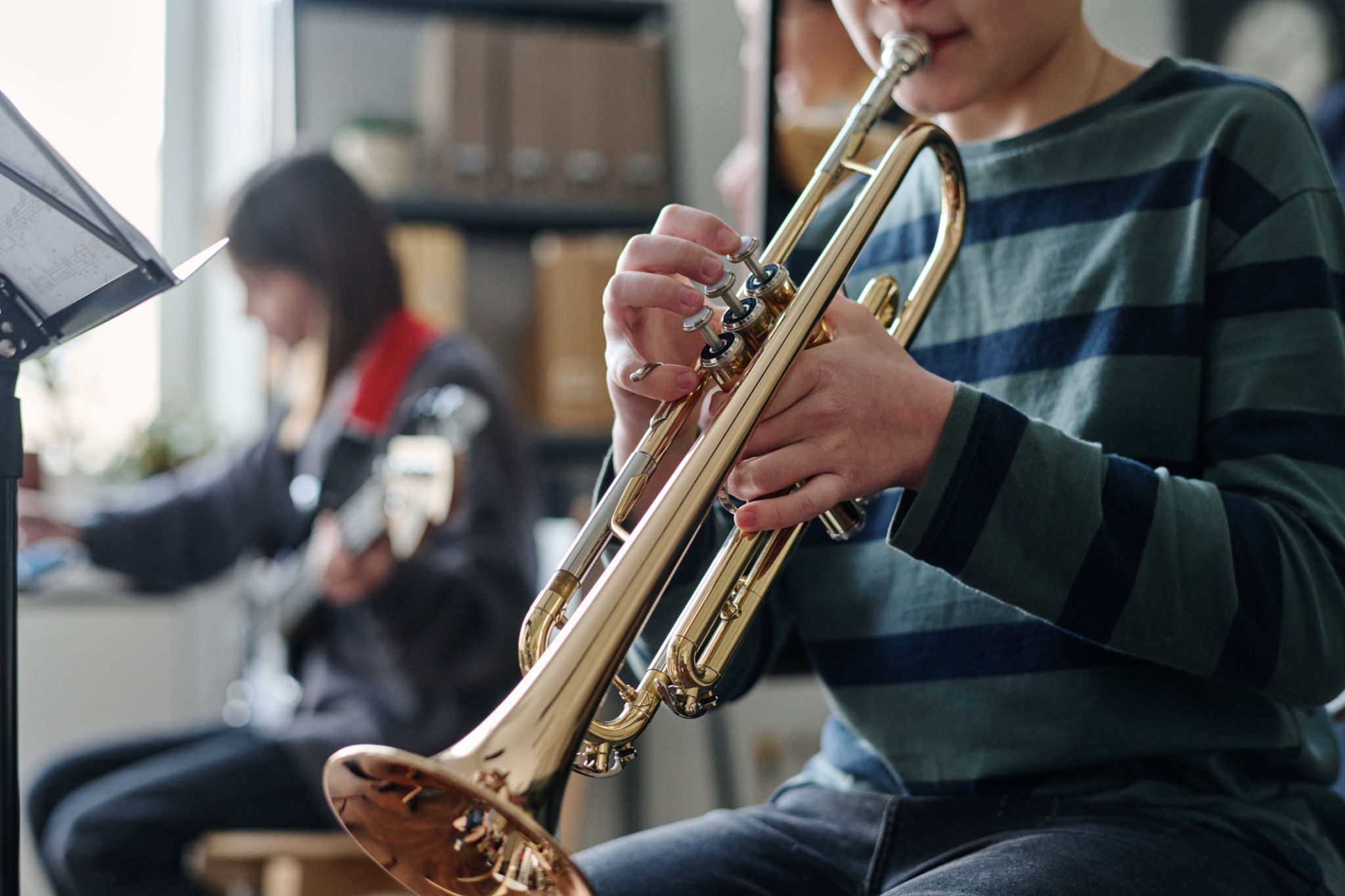How to Prepare for Your First Music Lesson
Setting the Stage for Your First Music Lesson
Embarking on your musical journey is exciting and can be a little nerve-wracking. Whether you're learning to play an instrument or taking vocal lessons, preparing properly can help you make the most out of your first lesson. Knowing what to expect and how to prepare will boost your confidence and set you up for success.

Choosing the Right Equipment
Before your first lesson, ensure you have the necessary equipment. If you're learning a musical instrument, having your own instrument is beneficial. This allows you to practice between lessons and become familiar with handling it. If you're not sure which instrument to buy or rent, consult with your instructor beforehand.
If you’re taking vocal lessons, you might need a good quality microphone if lessons are online, as well as a quiet space where you won't be disturbed. Remember, the right equipment is essential for effective learning and progress.
Setting Realistic Goals
Having clear goals can guide your learning process. Think about what you want to achieve in your lessons—whether it's playing a specific piece of music, improving technique, or simply enjoying the act of making music. Discuss these goals with your instructor so they can tailor the lessons to suit your ambitions.
Setting short-term and long-term goals can keep you motivated and provide a clear path for your musical growth.

Understanding Basic Music Theory
While you don't need to be an expert in music theory before your first lesson, having a basic understanding can be advantageous. Familiarize yourself with key concepts such as notes, scales, and rhythm. This foundational knowledge will make it easier to follow along during your lessons and help you grasp new concepts more quickly.
There are numerous online resources and apps that offer introductory music theory lessons that can supplement your learning experience.
Preparing Mentally and Physically
Mental preparation is just as important as physical preparation when it comes to music lessons. Approach your first lesson with an open mind and a willingness to learn. Be ready to accept constructive feedback, as this will help you improve over time.
Physically, ensure you're well-rested and hydrated before your lesson. If you're playing an instrument that requires physical exertion, like drums or brass instruments, some light stretching might be beneficial.

Organizing Your Practice Space
Having a dedicated practice space can significantly enhance your learning experience. Ensure that this space is comfortable, well-lit, and free from distractions. Having all your music materials and instruments within reach will allow you to focus solely on your practice.
This environment should be inviting so that you look forward to spending time there, which can lead to more consistent practice habits.
Conclusion: Embrace the Journey
Your first music lesson marks the beginning of a rewarding journey. With the right preparation, you can approach it with enthusiasm and confidence. Remember that learning music is a process that requires patience and persistence. Enjoy every moment of it and celebrate your progress along the way!
Embrace each challenge as an opportunity to grow, and soon you'll find yourself making beautiful music with ease.